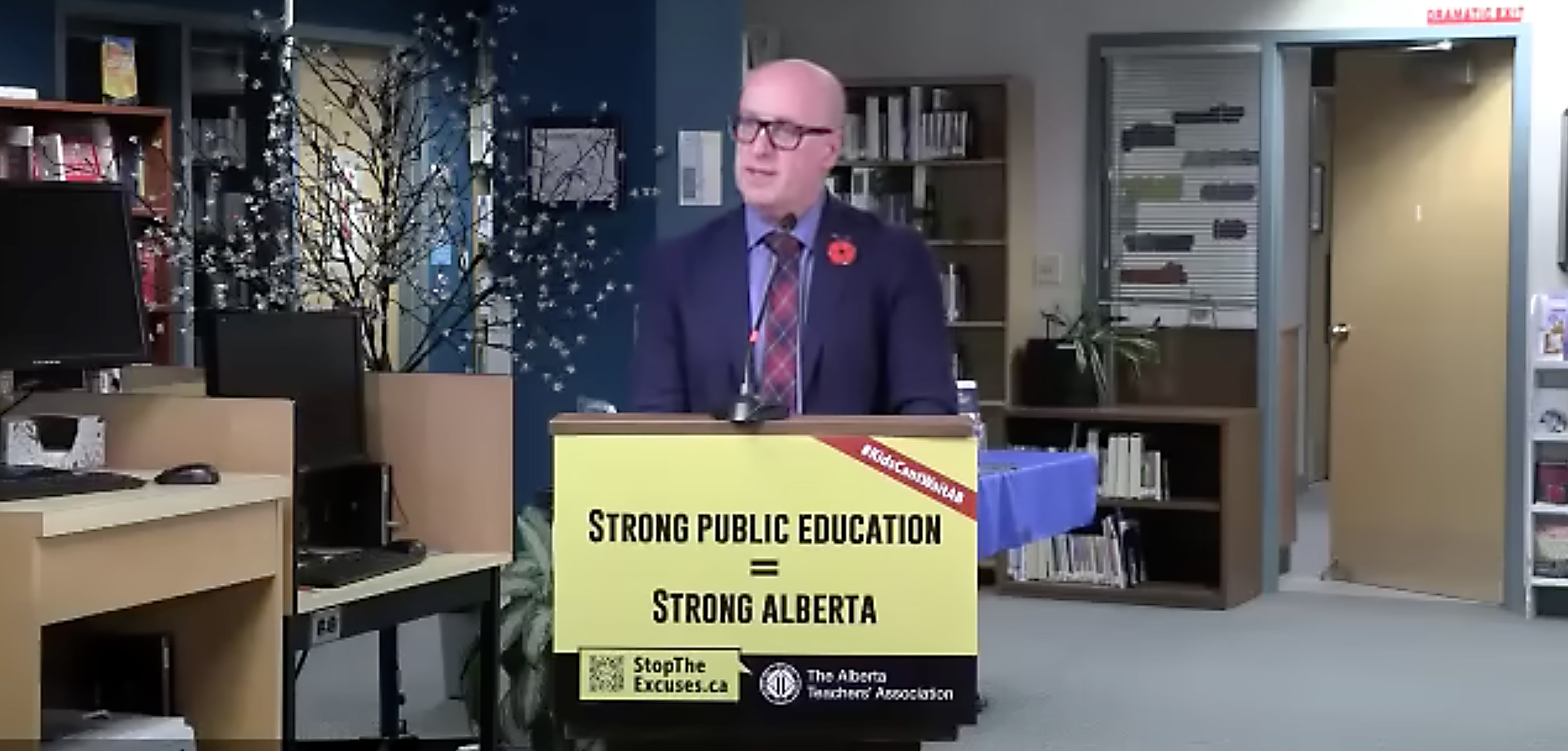When the call finally came for teachers to return to classrooms, teachers felt a heavy dose of unease. The strike is over—for now—but for many in the profession, the path forward under Bill 2 doesn’t feel like a victory. It feels like a reset, and on someone else’s terms.
To recap where we stand, Bill 2 ended teachers’ lawful strike action. But it did more than that. It also undermined their rights. By invoking the notwithstanding clause, the province chose to override the Charter-protected rights of association and collective bargaining. The legislation imposes the collective agreement that the Alberta Teachers’ Association (ATA) had already rejected, suspends local bargaining until August 2028 and threatens substantial fines for noncompliance.
In other words, teachers were forced to return to work, abide by the imposed contract and stop striking.
Teachers feel exhausted, and understandably so. Months of negotiation, mediation, strike action and public scrutiny have taken their toll. On the one hand, there’s some sense of relief in being back in classrooms, as teachers are back doing what they signed up for, interacting with students and reclaiming routine. But on the other hand, there’s frustration that teachers had to return to work without consent even though the conditions that led them to strike—larger class sizes, increasing complexity, fewer supports—haven’t been addressed. Some teachers are demoralized, having experienced the emotional struggle and physical energy of engaging in activism only to have their rights undermined.
If collective bargaining can be overridden so dramatically, what does that say about our agency in the profession? What does this mean for the union function of the ATA?
In this moment, the ATA’s role remains vital. The collective agreement still exists. Rights and obligations still exist. The ATA monitors the agreement’s implementation and steps in when it isn’t being upheld by the employer.
The strike’s end doesn’t mean resolution of the underlying issues in public education, and adhering to the imposed collective agreement doesn’t mean accepting the status quo. It means we use other tools at our disposal and avoid slipping into “why bother” rhetoric. We enter the classroom, uphold our professional standards and collaborate with colleagues—yes—but we also keep the pressure alive, quietly and steadily, for the conditions that make our work meaningful and sustainable.
The ATA remains the vehicle through which issues that affect teachers and school leaders continue to be addressed and pressed. Teachers are under stress. The ATA offers channels for discussion, for representation and for reminding members they are not alone.
When teachers walked back into schools, many carried two bags. One was filled with lesson plans, greetings from students and even some hope. The other was heavier, filled with questions about respect, rights and what all that has happened means for our profession.
The ATA is here to help with that second bag. Because returning to work isn’t just about showing up. It’s about showing resolve and using our collective voice to secure the respectful, resourced and valued teaching and learning environments the province deserves.
I welcome your comments. Contact me at kristine.wilkinson@ata.ab.ca.

Editor-in-Chief, ATA News


